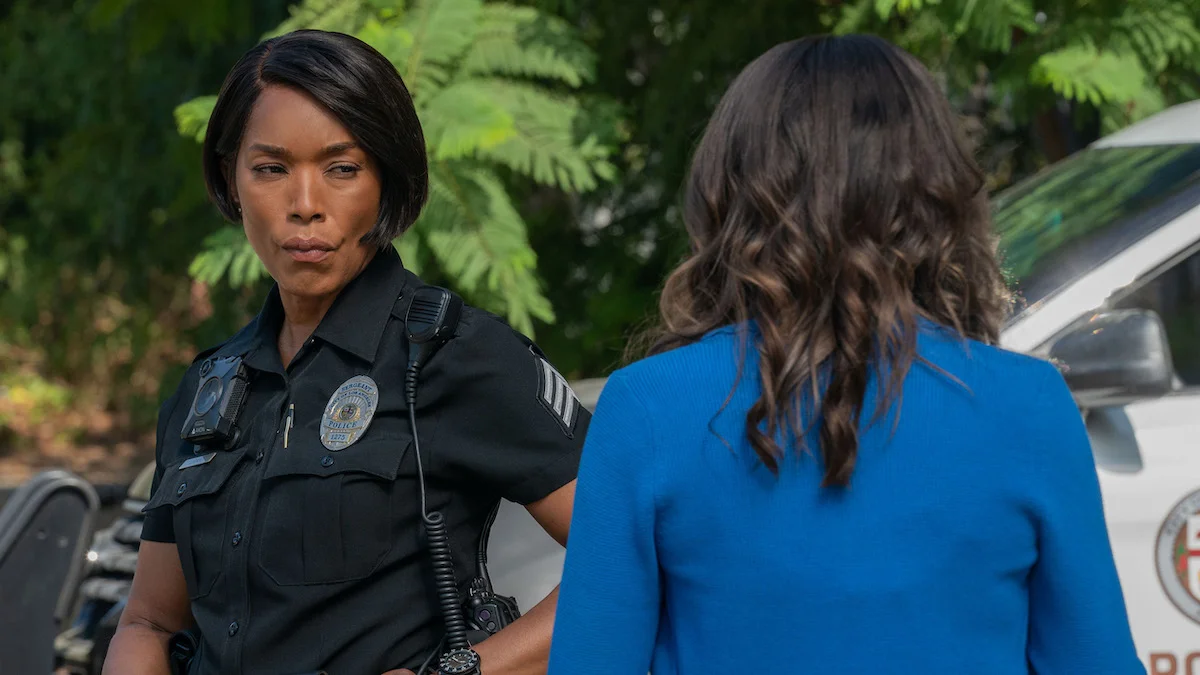The cancellation this week of “9-1-1,” Fox’s highest-rated scripted show, tells you everything you need to know about the broken economics of the broadcast television business: It doesn’t really work.
With a stunningly high per-episode cost after six years of $9-$10 million, Fox made the call to cancel a show made by Disney-owned 20th Television — only to see the show scooped up by ABC. That’s likely because the licensing cost had rocketed so high for Fox that the show no longer made sense to keep on the air.
The cancellation “signals a massive shift in the business,” a veteran network executive observed to TheWrap. When the broadcast business was healthy, “the network would do anything to keep its top shows.”
Also Read:
‘9-1-1’ Moves to ABC for Season 7
Now, the executive said, “Shows are much more expensive — especially a show like ‘9-1-1’ — and ratings are much, much lower. So even though it’s their No. 1 [scripted] show, they haven’t made a fortune in the first six years and they don’t have any longtail digital rights that Disney owns. So Fox is willing to lose their No. 1 show.”
Produced by Ryan Murphy, Brad Falchuk and Tim Minear, “9-1-1” stars Angela Bassett and Peter Krause as first responders dealing with often hazardous emergencies in Los Angeles. Its last episode on Fox will be the Season 6 finale on Monday, May 15, the network said in a statement released on Monday.
“It’s always kind of surprising to read about, but it’s certainly not the first time,” former NBC Studios and UPN executive Tom Nunan told TheWrap of the show moving networks. “It could be for a variety of reasons, including what [Fox] said, which is that the show is just getting too expensive for them.”

“It could also be that they’re tired of investing so much in a show that they don’t own,” he added. “They may want to use that time period for shows they do.”
Ownership matters more than ever in the age of streaming, since it dictates who can exploit a series’ digital rights, either by keeping a show in-house to boost subscriptions or licensing it out to the highest bidder.
Because Disney Television owns the show, the enormous production cost pencils out for ABC — but only with a very long business horizon.
In the economic model that held sway for 20 years, “the 10-year bell curve of a very successful series shows the network making an absolute fortune for the first five to six years,” explained the network executive. “Then you start to give some of those profits back in the form of much higher payments to the studio and the curve heads downward.”
A major television producer, who also spoke on condition of anonymity, agreed. “Broadcasters make less because advertising is in freefall,” this producer lamented. “So if you can’t cut costs enough to make it work for the network, you’re kind of screwed. You can’t fix it that way.”
In the current model, “a hit show and a financial success is not the same thing in broadcast television.”
Meanwhile Disney can easily acquire the series for its own broadcast network, adding an existing hit to its fall roster.
Streaming viewers won’t be affected, though: Fox has a deal with the Disney-controlled Hulu to stream its broadcast lineup, as does ABC, so “9-1-1” won’t change its digital distribution.
Also Read:
Why Disney CEO Bob Iger Should Think Twice Before Dumping Hulu | Charts
“The ultimate irony is that this is a show produced by 20th Television for Fox,” the network executive added, referring to one of the production companies Disney acquired from Fox in 2019. “That was the …old model that was supposed to eliminate this from happening because the corporation owned the show… until you sell your studio to Disney.”
A source involved with the decision-making told TheWrap that Fox Entertainment’s programming strategy is built around ownership or co-ownership of its content. “9-1-1” was greenlit when the network and production company 20th TV (then known as 20th Century Fox TV) were part of the same company. Fox has been rebuilding its entertainment production assets following the Disney deal so it can keep more of its broadcast properties in-house.
After Disney acquired Fox assets, including 20th Century, licensing fees and other costs contributed to the show becoming too expensive to renew, despite its continued but dwindling success in linear ratings.
“Fox didn’t want to pay the licensing fees for the highest-rated show on broadcast. ABC was happy to pay it. So, it went to ABC,” a representative for “9-1-1” co-creator Ryan Murphy told TheWrap in an email.
Also Read:
Every Renewed and Canceled TV Show in 2023
Spin-off “9-1-1: Lone Star” was also developed before the separation of Fox and 20th Television, a Fox representative told TheWrap, but the network set a five-year option for the series allowing for renewal orders through Season 5 without renegotiating licensing fees. That explains why the Rob Lowe-led series will stay at Fox — at least for one more season — while its flagship moves to a new home.
“It has been an honor to be the founding network of ‘9-1-1’ and we are grateful to Ryan Murphy, Brad Falchuk and Tim Minear, together with Angela Bassett, Peter Krause, Jennifer Love Hewitt, Oliver Stark, Aisha Hinds, Kenneth Choi, Ryan Guzman and the rest of the cast and crew, and 20th Television for delivering such an impactful series to Fox,” the network said in a statement. “We wish them well after ‘9-1-1’s’ final Fox season concludes.”
With a focus on ownership in mind, Fox also recently canceled the 20th-produced series “The Resident” after six seasons. Filling up the gaps left by both series will be the recently picked-up scripted drama “Hi-Surf” from producer John Wells, co-produced by Warner Bros. TV and Fox Entertainment; and the medical drama “Doc.” The former, Deadline reports, is being eyed as a potential franchise starter similar to “9-1-1.”
“They probably just couldn’t come to terms on a reasonable pickup from their perspective and decided to let it go,” Nunan told TheWrap.
Also Read:
How Will a Writers’ Strike Reshape TV? | Analysis

